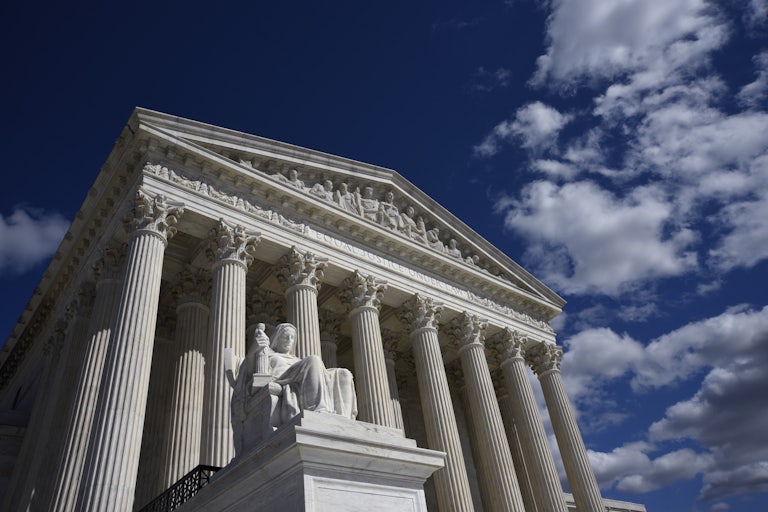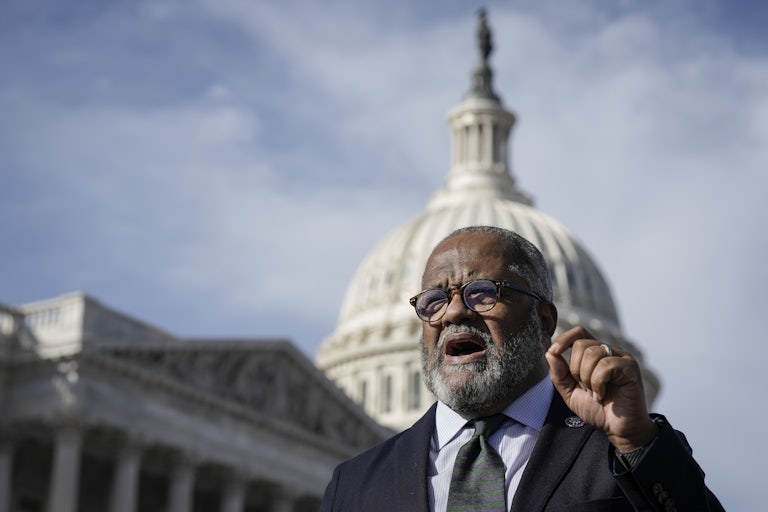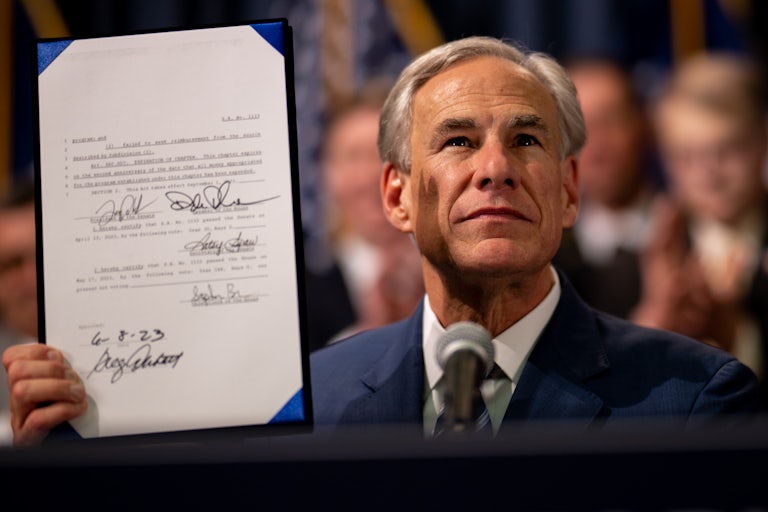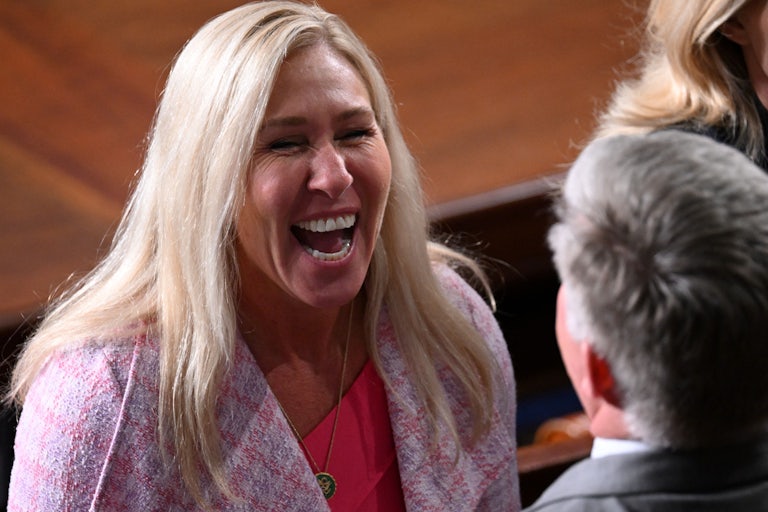FBI Knew Proud Boys Were Prepping to “Kill People,” Did Nothing
A new Senate report savages the FBI and DHS for ignoring pre–January 6 intel.

A new report out Tuesday morning from a Senate committee rips the FBI and the Department of Homeland Security for ignoring “a massive amount of intelligence information” in the weeks leading up to the January 6 insurrection at the Capitol.
In one egregious example, the report from the Senate Homeland Security and Governmental Affairs Committee charged that the bureau overlooked a December 2020 tip that members of the Proud Boys were gearing up to be in Washington on the day Congress voted to certify Joe Biden’s victory and that their “plan is to literally kill people,” in the report’s language. Numerous social media posts warned of violence erupting, including some that used language like “burn the place to the ground” (with respect to the Capitol) and, from a member of the Oath Keepers group: “There is only one way in. It is not signs. It’s not rallies. It’s fucking bullets!”
In addition to that, the social media company Parler, a platform favored by MAGA-land, directly sent the FBI a number of posts that it found alarming. According to the report, one read: “This is not a rally and it’s no longer a protest. This is a final stand where we are drawing the red line at Capitol Hill.… Don’t be surprised if we take the #capital [sic] building.”
And yet, with all those warnings and more, on the very morning of January 6, as Donald Trump was preparing to give his “fight like hell” speech, the FBI announced that there were “no credible threats at this time,” as the AP reported Tuesday morning.
“Our intelligence agencies completely dropped the ball,” said Senator Gary Peters, Democrat of Michigan and committee chairman of the Senate Homeland Security Committee. “Despite a multitude of tips and other intelligence warnings of violence on Jan. 6, the report showed that these agencies repeatedly—repeatedly—downplayed the threat level and failed to share the intelligence they had with law enforcement partners.”
FBI officials have previously testified that they knew of no such intel. The report seems to contradict that completely. Maybe people just found it hard to believe that armed citizens would storm their Capitol building with the literal intent of killing members of Congress (and the vice president).
And, of course—maybe some people in the FBI suspected it might happen but didn’t disagree with the mob that the election was stolen. Whatever’s behind the failure, it’s a historic and humiliating one.








